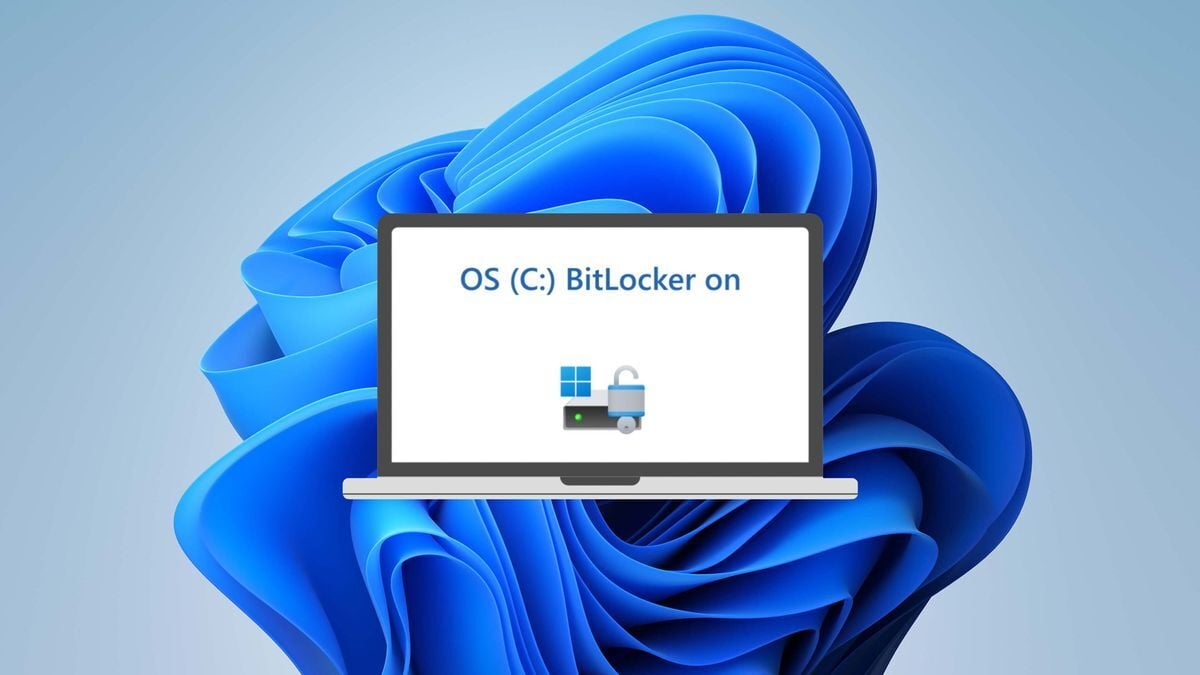- cross-posted to:
- technology@lemmy.ml
- hardware@lemmy.ml
- cross-posted to:
- technology@lemmy.ml
- hardware@lemmy.ml
Tested: Windows 11 Pro’s On-By-Default Encryption Slows SSDs Up to 45%::Windows 11 Pro defaults to BitLocker being turned on, using software encryption. We’ve tested the Samsung 990 Pro with hardware encryption to show how the various modes impact performance, and how muc
Just a reminder for everyone, BitLocker is only available in Windows Pro and higher versions. Most Windows PCs available in stores are running Windows Home which doesn’t have this and so isn’t affecting most users.
If you are running Windows Pro, you are most likely wanting and needing that security. But odds are, unless you are using a work issued device, you are most likely running Windows Home.
I’m using windows pro, because of hyperv, and gpu virtualisation. And I don’t need that security feature.
And windows pro still have some benefits. The group policy, tho most of the changes can still be made in the registry.
Then you can turn it off. It’s on by default as the default user of Pro will want it off. But as there are some cases that some people won’t want/need it so it can be turned off. The average user of Pro will be a workplace office setting.
Another case that it wouldn’t be used in is video editing as encrypting large files just wouldn’t be worth the effort and time. But again, this isn’t where most average Pro users will be. You can always find a case where X of anything doesn’t support someone’s needs, but companies like this need to look at it and ask “What does the average user want?” Not “What does everyone in every use case need?”
Yep. And the average user doesn’t know what a bios update is.
Oh and the average user doesn’t know that windows update has bios updates from manufacturers.
What happens when the bios is flashed? Poof the key disappeared…
Nice move Microsoft. Not sure if they have something to prevent the loss of the encryption key or some security, but for those people I hope they don’t loose their data due to updates.
You can log into the Microsoft website and obtain the unlock encryption key from there (dealt with that before.)
And Microsoft isn’t the only one who updates BIOS with system updates. I’ve once had to deal with someone who’s Macbook wouldn’t see any drive (and so couldn’t load into macOS, or even re-install the OS). After a lot of back and forth had to finally find out that during an update they were in a hurry and forced the machine off and it was saying “Firmware update in progress”, but they assured me that couldn’t have been the issue…
Windows 11 Home does have BitLocker, it’s just a very simplified version of BitLocker without most of the options. Like it’s basically just on or off in the settings, no way to manually backup the key or anything else. But changing certain things will trigger the enter BitLocker key screen at boot.
That’s Device Encryption, which isn’t the same.
https://www.thewindowsclub.com/difference-between-device-encryption-and-bitlocker
From your article:
Difference between Device Encryption and BitLocker
Both are fundamentally the same, but there are some differences between Device Encryption and BitLocker on Windows. The limitation with Device Encryption is that you have no options to configure and no way to require preboot-authentication – you have to rely on the TPM chip alone.
I’m pretty sure it just uses BitLocker under the hood and doesn’t let you configure some things:
Your first link states that BitLocker is only available on Pro or above, and the second link is for Window 10 Mobile, which was a phone OS.
I’m pretty sure it’s a different thing altogether. Like how BitLocker and Windows Encrypted File System (EFS) are two different things, but both of them are still in use.
Just checked an 11 Home computer that has Device Encryption turned on:
Get-BitLockerVolume reports that it is on for the main drive with RecoveryPassword and Tpm protectors.
It’s definitely just a rebranded, less featured BitLocker.
Wait… I’ve never been a windows user, so forgive my ignorance… is full disk encryption really not available to all windows users? And most people buy the home version that lacks it?
It has Device Encryption. Something different, yet kind of the same. Device Encryption isn’t as robust as BitLocker, its business grade vs home user grade.
Ah okay! Whew! I’d be super disappointed if full disk encryption wasn’t available to users.
This is the best summary I could come up with:
While many SSDs come with hardware-based encryption, which does all the processing directly on the drive, Windows 11 Pro force-enables the software version of BitLocker during installation, without providing a clear way to opt out.
While we have results for higher queue depths, note that the QD1 numbers are far more meaningful in the real world, as this is the most common type of file access in typical operating system environments… and that’s where software BitLocker impacted performance the most.
Lower latency delivers snappier performance in day-to-day use, and it’s the primary reason the industry at large has moved from slow rotating hard drives to faster SSDs.
Given that this extra layer of latency, albeit at varying degrees, will also be added to slower types of SSDs, like QLC or low-tier drives, this could have a much bigger real-world impact in some systems.
Windows 11 disk caching might be a factor there, but QD256 is basically fantasy land for storage workloads (remember, low queue depths are the most common), so we don’t put too much weight on it.
There’s a curious “bump” with the 990 Pro that we’ve noted before on the read speeds, but write performance shows a smoother line with the software BitLocker trailing up until the 256KiB block size.
The original article contains 2,953 words, the summary contains 212 words. Saved 93%. I’m a bot and I’m open source!




